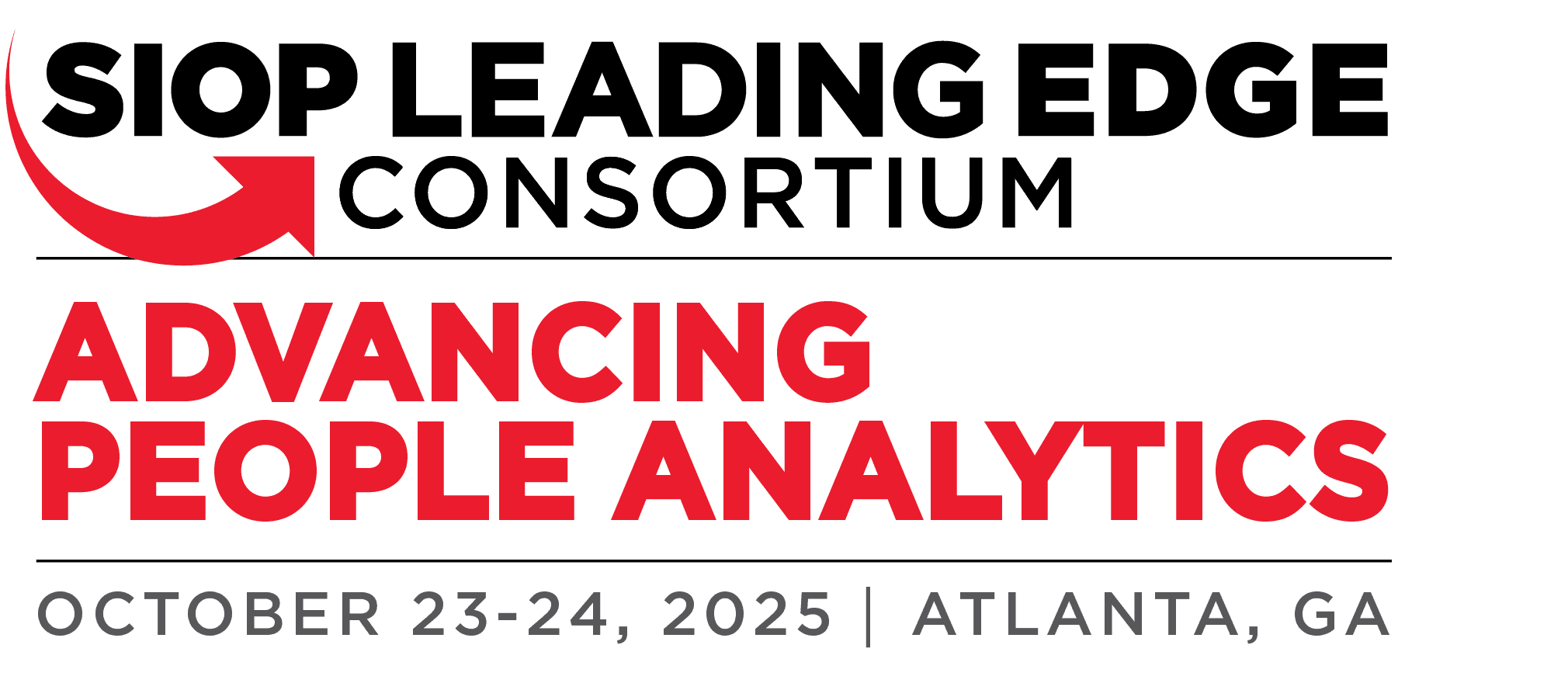
About The Leading Edge Consortium
The LEC is an introductory-level, deep-dive program into a specific topic in I-O psychology.
Past Consortia have focused on:
- Developing Leaders In A Shifting World
- Talent Assessment Strategies for the Future
- Rethinking Employee Experience to Create Agility and Resilience for the “Next Normal”
Benefits of Attendance
Attendees of the LEC have the opportunity to engage in:
Opening and closing keynote presentations
Education from world-renowned speakers
Continuing Education credits
Hearing the most recent research in I-O psychology
Professional development and networking
Learning applicable skills during program blocks
Optional Pre-Consortium workshops
Optional networking dinners
Pre-Consortium Workshops
Held before the main event, these workshops offer intensive sessions designed to deepen participants' understanding of the topic. These workshops provide interactive learning experiences, allowing attendees to engage with experts, acquire practical skills, and explore innovative approaches.

Hotel Information
Return to this page in the coming weeks to find accommodations for the 2025 Leading Edge Consortium.
Partnership Opportunities
For information about reaching I-O and HR professionals at the 2025 Leading Edge Consortium, contact Susan Rogers, CAE at srogers@siop.org


